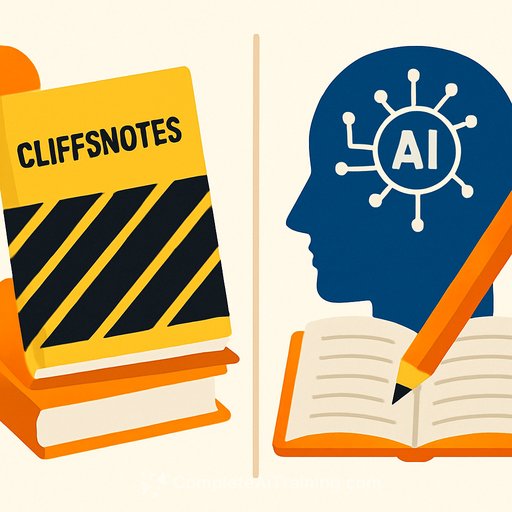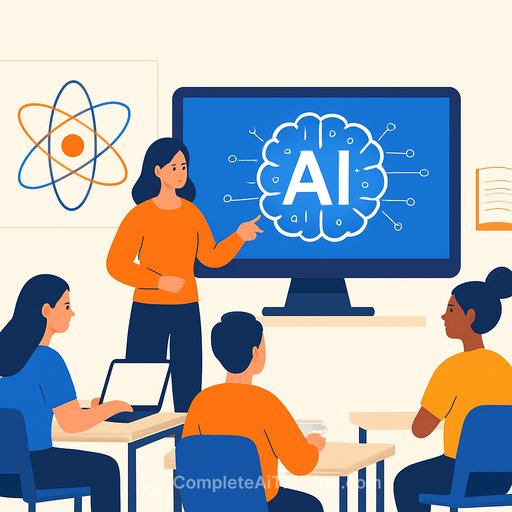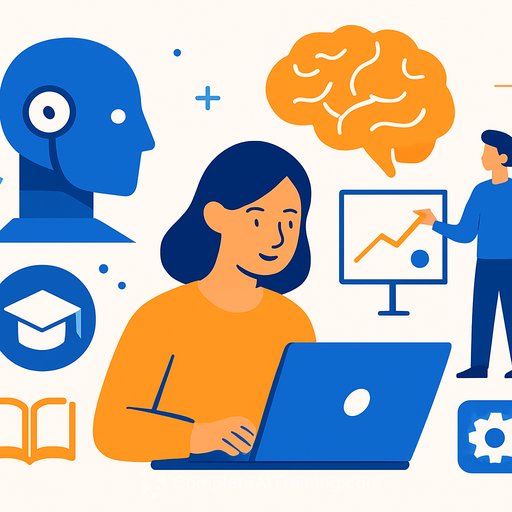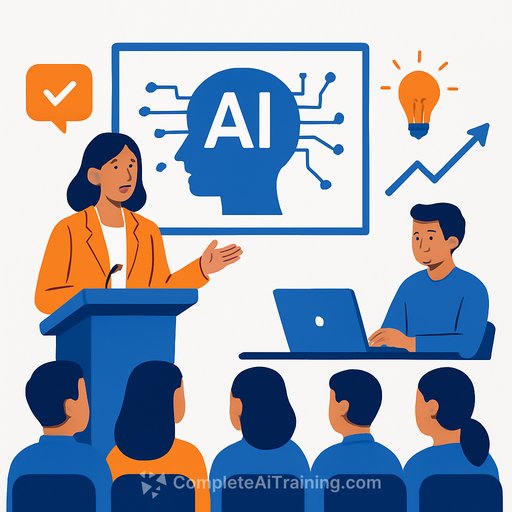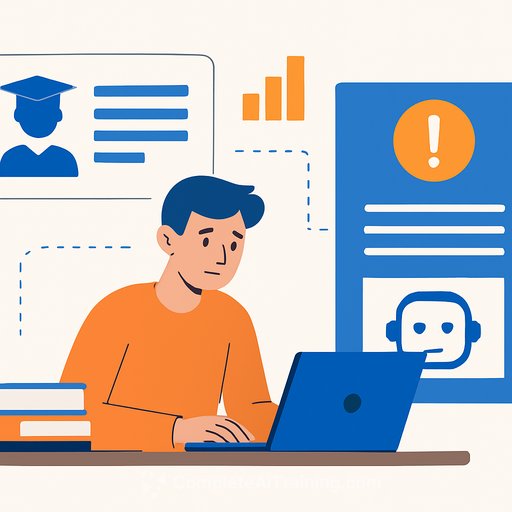I Miss CliffsNotes
As an educator, it’s strange to admit, but I miss CliffsNotes. For those who were students, parents, or teachers between the 1970s and 1990s, CliffsNotes were a familiar presence. Back then, they were among the first study guides offering help with difficult texts, ranging from literature to math. While many students used them to procrastinate or take shortcuts, others genuinely used them to better understand challenging material.
Today, CliffsNotes might seem outdated, especially compared to tools like ChatGPT. Yet, they offered real analysis and scholarship. The difference between those paper guides and today’s AI tools highlights a decline in knowledge quality, particularly in reading comprehension.
The CliffsNotes Experience
Finding some old CliffsNotes in my parents’ basement brought back memories. Were they mine or my brother’s? I was an avid reader and English major, so it seemed unlikely I needed them, but I did use them occasionally. Back then, the black and yellow booklets were everywhere in school hallways, tucked into Trapper Keepers. Despite teachers’ and parents’ attempts to ban them, CliffsNotes remained popular. The stigma was strong—only slackers used them, or so the story went. Yet, they became a cultural touchstone, even appearing on TV shows like The Cosby Show, where shortcuts to reading Shakespeare sparked comedic family drama.
What Made CliffsNotes Valuable?
Thumbing through a Wuthering Heights guide now reveals over 60 pages filled with detailed analysis, biographical context, and discussion questions. The writing reflects deep scholarship, demanding real engagement from the reader. One sentence alone about Brontë’s work runs 79 words long, packed with insight.
Using CliffsNotes required effort. Unlike some modern tools, they didn’t spoon-feed information or produce random, uncited content. They demanded reading comprehension and critical thinking, making them a better alternative than AI-generated summaries or Wikipedia for students tempted by shortcuts.
Four Key Advantages Over AI Tools
- Credibility: CliffsNotes clearly state the author’s name, giving credit and accountability.
- Expertise: Written by teachers, professors, or graduate students, the guides rely on scholarly knowledge rather than scattered internet sources.
- Textual Evidence: They directly quote and cite original texts, avoiding vague summaries or inaccuracies.
- Integrity: CliffsNotes don’t generate original writing for students to pass off as their own, reducing plagiarism risks.
In contrast, AI tools like ChatGPT often produce hallucinated or uncited information. Mistakes are harder to spot and fix, and the generated writing can be passed off as student work with little effort to detect.
The ChatGPT Challenge in Education
University students are learning to use AI tools skillfully, often blurring the lines between assistance and cheating. A Boston University panel highlighted that while some students use ChatGPT as a tool, many rely on it as a crutch to avoid learning. The concern is that students aren’t developing transferable skills—they’re outsourcing their work entirely.
Given the rising costs of education and the pressure to perform, this trend is understandable but troubling. Efforts to teach students better writing and critical thinking sometimes backfire, pushing them toward AI instead of away from it. With AI embraced in many professional fields, this shift seems unlikely to reverse soon.
Looking Back to Move Forward
CliffsNotes were never a replacement for reading the original texts, but they offered a closer and more reliable alternative than many modern AI tools. ChatGPT and similar programs generate content by iterating on existing data, often leading to “semantic satiation,” where words lose meaning after repeated use. This process mirrors the spread of misinformation—each layer adding distortion and bias.
This cycle feeds back into AI training data, perpetuating errors and shallow knowledge. The problem isn’t just technology but how it shapes thinking and learning.
Socrates once warned that written words could spread misinformation among those who don’t question them. He couldn’t have imagined machines producing those words automatically. Today’s higher education faces a crisis where well-formed but empty arguments flood academic spaces, replacing intellectual struggle with easy answers.
With institutions promoting their own AI tools and widespread offers of free ChatGPT access for students, this challenge will grow. Maybe CliffsNotes set us on this path of shortcuts. Or maybe revisiting what they required from students—effort, engagement, and accountability—can help chart a better course.
Your membership also unlocks:

